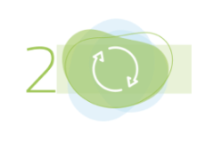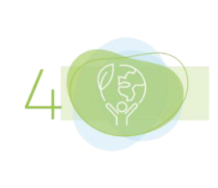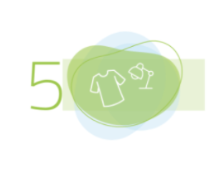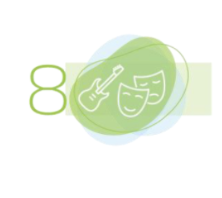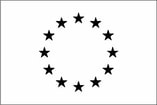Name Culatra 2030 - Sustainable Energy Community
Status In progress
Location Ilha da Culatra - Parish Councils of Faro, Faro
Entity University of Algarve, Association of Residents of Ilha da Culatra, Make It Better, CCDR Algarve, Municipality of Faro
Social networks website facebook
About the projectCulatra Island has been selected as one of six pilot islands receiving support from the European Secretariat for Clean Energy on Islands for the creation of an Energy Transition Agenda. The main objective of the "Culatra2030 - Sustainable Energy Community" initiative is to create effective bridges between the local community, research in the renewable sector and businesses, promoting environmental sustainability and the island's adaptation to climate change. The challenge is that all structures on the island can be energy efficient and have minimum energy consumption. The community will have to produce energy exclusively from renewable sources, favour electric mobility and have sustainable living habits and practices, by testing a new holistic development model that works in a closed circuit, minimising material consumption and energy losses. A true participative "Circular Economy" that combats energy poverty and contributes to social cohesion. |
New European Bauhaus Framework
|
Culatra Island is the ideal place to test a new economic model that operates in a closed circuit, minimising material consumption and energy losses. A true "Circular Economy" that allows the environmental sustainability of the island and the imminent need to adapt to climate change. The idea of the pilot project proposed here is to create a physical structure on the island, from scratch, or taking advantage of an existing structure, that allows the integration of different renewable energy concepts, adaptable to the economic activities of its population. In other words, our vision is for the island in 2030, in particular the Culatra Fishing Village, to be a more resilient and sustainable community, through an integrated intervention in the energy management model, waste management, water management and the creation of new Social Responsibility mechanisms. By defining and implementing a model of participatory economy, we allow the distribution of costs and profits from renewable generation, creating added value to artisanal fisheries products, recovering the construction and supporting investment in innovative equipment that will be an asset for an equal and cohesive social growth of the community, in a beautiful, sustainable and accessible way.
|
"Beautiful" |
"Sustainable" |
"Together" |

